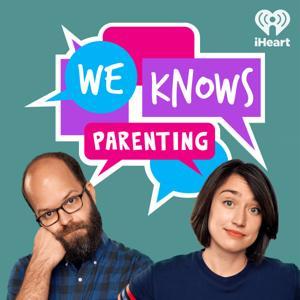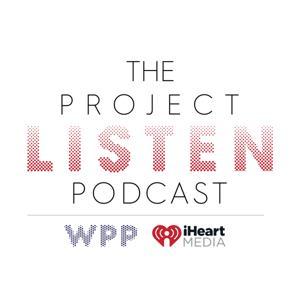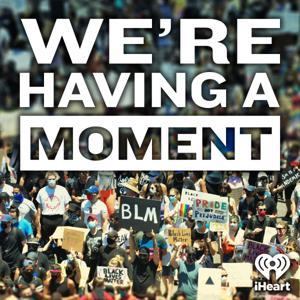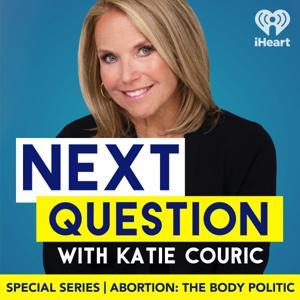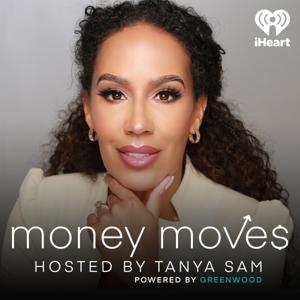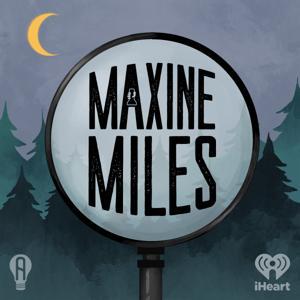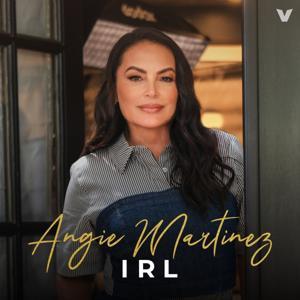There is a model for how we rebuild and heal after the human-made disaster being inflicted on the USA right now. Welcome to Dena Heals—a mutual aid marketplace and wellness center born in the aftermath of the Eaton Fire in Altadena.
See the visuals for this story and all our Week of Citizening stories here:
https://newsletter.baratunde.com/p/this-is-how-we-recover-from-disasters
This is our final story (for now) in the Week Of Citizening. Join our mailing list and share the stories you’re seeing. stories.howtocitizen.com
When the 💩 hits the fan, we are told people become selfish and look after themselves alone. Every disaster ever proves otherwise including after the most devastating fire to hit Los Angeles. Something extraordinary took root. Not fear. Not isolation. But care for each other.
Rebecca Solnit said it well: “When all the ordinary divides and patterns are shattered, people step up—not all, but the great preponderance—to become their brothers’ keepers. And that purposefulness and connectedness brings joy even amidst death, chaos, fear and loss.”
Rooted in Indigenous wisdom and the Black Panther 10-Point Program, Dena Heals is a blueprint for what happens when we lead with love, show up for each other, and practice power together.
They’ve supported 3,500+ people from over 500 families. This is what it looks like to citizen in the midst of disaster. Not with despair—but with collective action, healing, and hope.
We saved this story for last in our Week Of Citizening series because it reflects all the pillars of How to Citizen:
🌱 Show up & participate
⚡ Understand power
🤝 Commit to the collective
❤️ Invest in relationships (including nature)
This is how we rise. This is how we rebuild. This is how we citizen. Happy Earth Day
Sign up to share and discover more stories like this: https://stories.howtocitizen.com
Video Produced by: Revolve Impact
Week of Citizening Collaborators: Baratunde Thurston, Jon Alexander, Shira Abramowitz, Elizabeth Stewart
See omnystudio.com/listener for privacy information.































